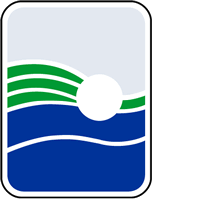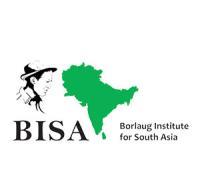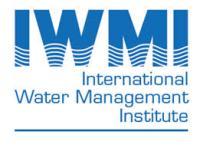The “Aquaculture: Increasing income, diversifying diets and empowering women in Bangladesh and Nigeria” project aims to enhance the incomes, diets and nutrition of smallholder families.
The project is particularly important from a nutrition-sensitive perspective, as increasing women’s empowerment through the production of fish is a key pathway through which the nutrition of women, as well as their family members, will improve.
In the divisions of Rangpur and Rajshahi in Bangladesh, the project builds on earlier work undertaken by WorldFish in different parts of the country. It includes engaging with local service providers and other private sector organizations in the value chain to introduce knowledge and technologies to impact on carp polyculture. One of the project’s goals is to increase the productivity and diversity of fish production systems, including the production of micronutrient-rich small local fish.
In Nigeria, WorldFish is using aquaculture to increase income, diversify diets and empower women. During the first 18 months, a national scoping study is being completed to better understand the role of fish, in particular aquaculture, in Nigeria. The study provides more clarity on how aquaculture can assist in improving smallholder incomes, increasing dietary diversity, improving nutrition, and empowering women through engagement in the fish value chain. This work will lead to an improved understanding of fish supply and demand, market trends, value chains, aquaculture systems, and the role of fish in diets and nutrition in Nigeria. Once this information is analyzed, it will help WorldFish, government agencies, the private sector, and potential donors find appropriate entry points for future investment in aquaculture to achieve long-term goals and objectives.
The project partners closely with local and national governments, non-governmental organizations, local service providers, the private sector, and development agencies.




